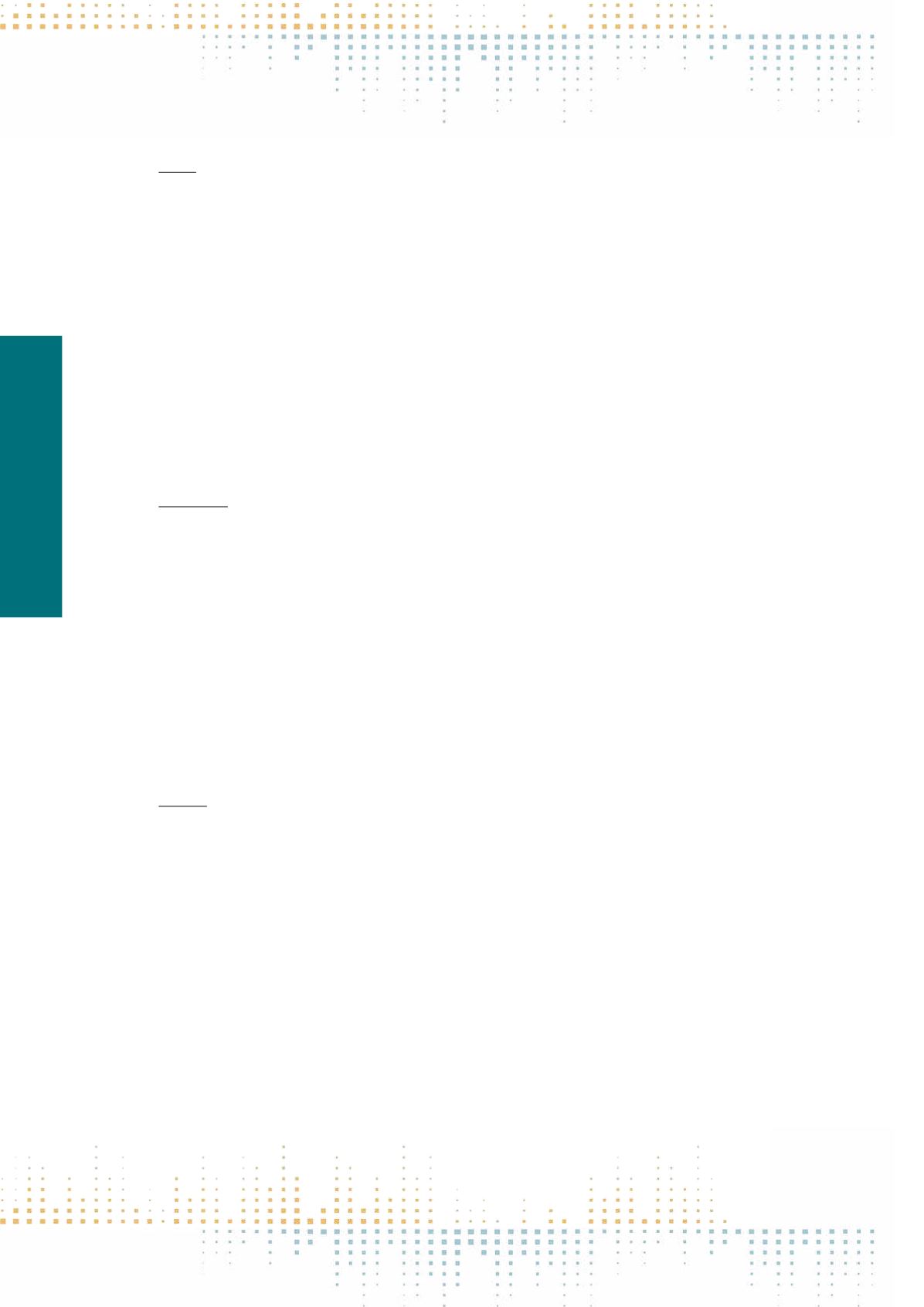

604
Saturday, November 12
1 1 : 0 0 – 1 2 : 3 0
PN 315
Confidence in the Unknown? Prophetic Foretelling in Programmatic Advertising
M. Feiks
1
, A. Prica
2
1
University of Tübingen, Tübingen, Germany
2
University of North Carolina at Chapel Hill, Department of Slavic and Germanic Languages and Literatures, Chapel Hill, USA
The so-called practice of ‘programmatic advertising (also ‘programmatic buying’ or ‘real-time bidding’) seems to be the “hottest” trend in today’s online
advertising. The term describes a process of fully automated online-marketing, based on highly personalized user data that are captured and applied in
real-time. This practice is better understood as an auction, where algorithms handle the selling and the distribution as well as the displaying of banner ads.
The advantage seems obvious: tailored advertisements meet consumer needs and cause the most welcome side effect of reducing advertising costs.The ad‑
vertising industry has welcomed programmatic buying as a solution for current economic difficulties and demands like for example growth pressure. At
the core of the matter lies the suggestion that programmatic buying is a handy and easily applicable tool to boost economic prosperity and thereby increase
the general economic wellbeing. However, a closer look shows that the effectiveness of the technique is wrapped in narratives and advertised through
speech acts that have traits in common with prophetic discourses. Our assumption is that the seemingly self-confident rhetoric of programmatic advertising
simultaneously reveals a struggle with the uncertainty of future knowledge and with the question of how to establish confidence in an event that has not
yet happened. In order to carve out the specifics of these prophetic tendencies of programmatic advertising we will conduct a qualitative content analysis
of articles from different advertising industry magazines that address this advertising practice. By focusing on the tension between the suggestion of a re‑
liable technique and the fact of an open future we seek to characterize programmatic advertising as a form of salvation narrative that closes the horizon
of expectation and possibility rather than to open it.
PN 316
Subvertising Greenvertising: An Incursion into Advertising Counter Power Dynamics
A. Duarte Melo
1
1
University of Minho, Braga, Portugal
Sustainability has been used in recent years as an argument for adding value to brands in the context of complex and integrated advertising strategies,
associated with both the conceptual constrains and legal obligations of social responsibility. Being sustainable has become not only fashionable but also
a moral and operational imperative. Nevertheless the current communicational paradigm, with multiple communication flows and stakeholders, – includ‑
ing a more conscious and proactive, as well as more organised and therefore more empowered consumer – provides unparalleled conditions to expose flaws
and inconsistencies in advertising messages, consequently opening credibility holes in the system, the so-called“greenwashing”. In this paper we will focus
on how consumer’s and civil society, in more or less organised initiatives, have been appropriating advertising discourse and strategies to expose unclear,
misleading or even illegal rhetoric and practices, being the Volkswagen (2015) case one of the most mediated. Such practices subvert advertising capital to
re-orient advertising messages in what has been conventionally called subvertising (Melo, 2011) and can be conceptually framed as participatory culture
(Carpentier, 2009; Deuze, 2008; Midgley, 1986), culture jamming,advertising pranking or even as a specific form of activism – subactivism (Bakardjieva,
2009 ) – having an impact on the citizens everyday. Using case studies to illustrate such occurrences we intend to reflect on how this movements contrib‑
ute to occupy traditional advertising space and dynamics, restoring the factual truth or at least an alternative version of reality, contributing to a balance
of power in the face of brands and corporations hegemony in the media sphere, and therefore setting up a voice to an advertising counter power.
PN 317
Advertising Beyond Consumption-Changing Mindsets
S. Balonas
1
1
University of Minho, Communication and Society Research Centre, Braga, Portugal
In this paper we propose a discussion about the role of advertising in society. We start from a currently recognized advertising vision, focused on consump‑
tion in order to, progressively, seek clues towards the reconfiguration of its social role, focusing, in particular, on possible contributions towards a better
quality of life and through a citizenship perspective. Previous findings (Balonas, 2007, 2011, 2013, 2014) provided us a set of sufficient reliable data, allow‑
ing us to recommend the reconfiguration of advertising at two main levels: a new legislation and a new definition for advertising. The theoretical approach
is focused in the understanding of four dimensions - citizens, civil society, the business world and social marketing (as an increasing intervention area in
social change) – in its relation with society and with advertising. Four frames of reality that provided the substantial clues to understand social causes
advertising evolution. Above all, this paper stresses the importance of recognizing advertising as an actor with real potential in the sphere of citizenship,
bringing new clues. This idea only gains consistency if a mindset change occurs in the various actors that influence the futures of our societies.



















